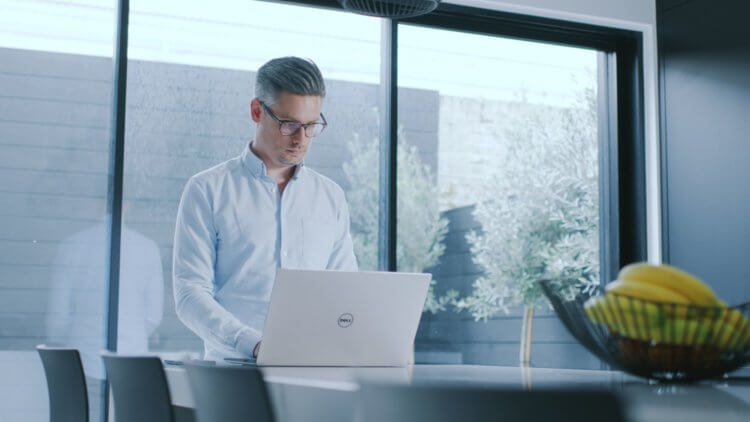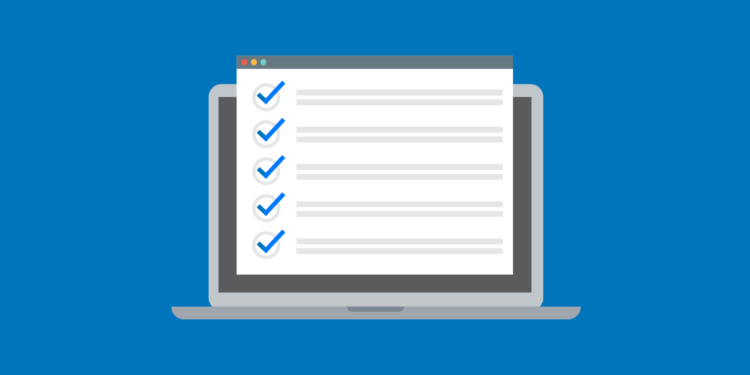What are lawyers in the UK and Ireland doing to guide their firms through change?
Resources to help your firm
Get practical tips from peers on what to do—from managing cashflow to introducing new technology—to keep your firm on the path to success.
Get started today
See how Clio's cloud-based case management software can help your law firm get organised and practise more efficiently—from anywhere.
Tech and tools for running a virtual law firm
What are the basic tools and applications needed to run your law firm with employees working from home? Here are some helpful resources for legal professionals to get you started—from legal research to virtual receptionists.
Resources when considering cloud technology
It’s one thing to encourage staff to work from home, but in order for them to do it successfully your law firm needs the right processes and tools in place. Cloud technology can help you and your team work effectively in any environment.
Maintaining a healthy mind
Mental well-being can be a challenge in times of uncertainty. Check out these practical tips for law firms and legal professionals on how to make the most out of a complicated situation and who you can contact if you need help.
FAQs
Can you work from anywhere as a legal practitioner?
For the most part, yes—it’s entirely possible to work from anywhere as a legal practitioner. Many solicitors and law firms around the world are already operating on a fully or partially remote basis. Depending on your practice area, you may still need to go to court or meet clients in person, which does impact your remote work plans.
Is it professional for a solicitor to work from home?
From the growing number of virtual solicitors we’ve seen—yes, it’s professional for a legal practitioner to work from home. The important thing is to continue to meet client expectations in terms of the kind of experience they expect. For example, if your clients expect a highly polished and professional experience as you’re working out of your home, you can set up your home office to match that expectation.
How can legal practitioners work from home successfully?
To work from home successfully as a legal practitioner, you’ll need a strong internet connection and unimpeded access to all important case files and documents. We recommend a cloud-based case management system for a smooth work-from-home experience for legal practitioners. More holistic factors in your work-from-home success will include an effort to minimise distractions, setting clear work hours, taking care of your mental health, and recognising that the sounds of children and pets may interrupt calls from time to time—and that’s OK.
What do you need to work from home as a legal practitioner?
The basic tools needed to work from home as a legal practitioner include a strong internet connection, a laptop, a printer/scanner, a headset (for good sound quality on video and voice calls), and cloud-based software so that you’re able to access key case details away from the office.
You’ll also need secure communication programs to keep client information confidential. Ideally, you’ll also have a separate space to work in (such as a home office). If a home office isn’t available, having a space to sit down with your laptop will do—just make sure you’ve got a professional background for video meetings.
How long does it take a virtual law firm to get up and running?
This depends on the size of your firm, the type of law you practice, what type of experience your clients expect, and whether you’re transitioning to an existing firm or starting a new one. It’s possible to set up the technology needed for a virtual law firm in a matter of days, but setting up new firm processes, transitioning key case details, and setting expectations with clients will take careful forethought and planning.
We recommend speaking with a technology provider or consultant to help you come to an estimate for your specific situation.
What should be included in a law firm work from home policy?
Your law firm work from home policy will differ depending on your firm’s current culture, but in general, these types of policies should include:
- When it’s OK to work from home (and when it’s not)
- How solicitors and staff should notify the team if they’re working from home
- Clear expectations for remote work (are employees allowed to travel or not? What hours are acceptable? How quickly should the team respond to messages?)
- A stipulation that employees must use secure, firm-approved apps and services for their work (you should have a device policy if employees use their own devices)
Is it possible to answer your desk phone if you’re working remotely?
Yes, this is possible. You can forward calls from your office to your cell phone temporarily, or use a Voice Over Internet Protocol (VoIP) phone service to pick up calls from your business number. Such services allow you to make phone calls from your computer, for example GoToConnect by LogMeIn.
What’s the best way to let legal clients know that you’re working from home?
The best way to let legal clients know that you’re working from home depends on how your legal clients prefer to communicate with you currently.
If your clients have limited access to technology, a call may be better than an email. If you text your clients, you can also text them to let them know you’re working from home. No matter what, reassure them that they’ll receive the same great level of service whether you’re working from home or not, and set expectations for how and when to contact you. Leave a sign on your office door if you’ve got a brick-and-mortar office that you’ll be closing to work from home.
How can you stay connected to clients during social distancing?
There are many ways to stay connected to clients during social distancing. If you’re used to meeting clients in-person, set up short video meetings, for example. Depending on your relationship with your clients and how often you interact with them, you may also want to consider a text, phone calls, or quick emails to provide updates.
It’s important to make sure that your communications are personal and meaningful: Do provide proactive updates on cases to give clients peace of mind, but don’t send multiple emails to your entire client base about how your firm’s operations work.








































